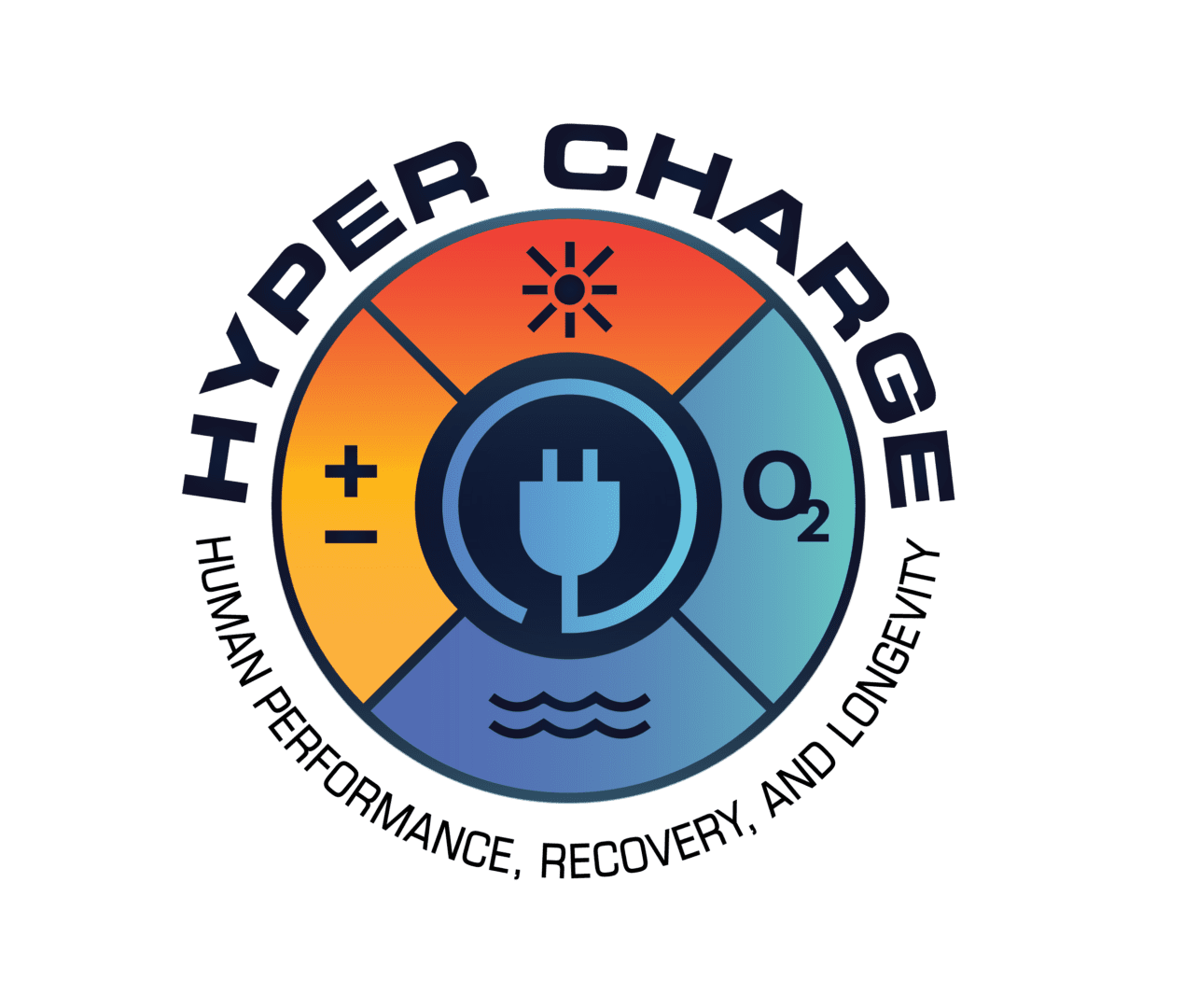Salt rooms and salt therapy have become increasingly popular over the last few years. Proponents of salt therapy, also known as halotherapy, say that salt rooms can help to improve lung function and decrease inflammation throughout your body. Coupled with the recent COVID-19 pandemic that significantly affected respiratory ability, it’s no wonder that halotherapy has been a popular choice for many. However, if you’re seriously considering pursuing a wellness therapy treatment, we think you should turn to the light instead of the salt. In today’s blog, we explain why we prefer light therapy over halotherapy.
The Benefits Of Light Therapy
Now, don’t get us wrong. The purpose of this blog isn’t to throw halotherapy under the bus. Many people find halotherapy effective for their issues, and at the heart of it, that’s what we want. We want you to be able to find a healthier version of yourself through wellness therapy, so if it works for you, who are we to say you shouldn’t pursue it.
With that said, if you’re really looking to decrease joint inflammation, boost your energy levels or improve your sleep pattern, we think you should turn to light therapy instead. Light therapy simply has more clinical research that supports its benefits than halotherapy. There have been studies that have found a positive association between salt therapy and certain lung or skin conditions, but the overall evidence is a bit limited. Researchers have a better understanding of the positive effects of light on the body than we do with halotherapy.
Light therapy provides your body with a direct fuel source. Light at specific wavelengths is directed into targeted areas of your body where it enters into your cells. One of the structures inside your cells is the mitochondria. Oftentimes described as the powerhouse or the power plant of the cell, the mitochondria are responsible for energy production. The energy is produced in the cell in the form of adenosine triphosphate, also known as ATP. ATP is the energy compound that cells throughout our body rely on to power specific cellular functions. Simply put, when more ATP is being produced, improved cellular functions and processes can occur.
So where does light come into play? That light exposure ends up stimulating your mitochondria to produce more ATP. The photons from light therapy are absorbed by the mitochondria which eventually leads to increased ATP production to power cellular activities. If you’re a coffee drinker, think of light therapy as your morning cup of coffee for your mitochondria. It’s an extra boost of energy that fuels our bodies.
And when your cells are more energized, a bunch of different processes are improved. Cells can better repair damage, they can better calm inflammation, and they can work much more efficiently, which in turn speeds up things like tissue repair or immune response. When you address inefficiencies at the cellular level, countless bodily processes run smoother. Light therapy has been scientifically proven to help improve a number of different conditions and issues, which is why it is oftentimes recommended alongside other treatments for:
- Joint pain and inflammation
- Sleep problems
- Tissue recovery
- Headaches
- Stress/Anxiety
- Brain fog
- Low energy
- Post-Surgical healing
- Wound healing and skin tightening
There certainly may be an association between halotherapy and improved skin or lung functions, but right now, the evidence is a bit lacking. You can certainly try it out if you’re curious, but we also hope that you’ll consider trying out light therapy as well. Let us recharge your body at a cellular level because we know all of the ways your body stands to become healthier when its cells are working more optimally. Whatever you choose, we’re glad that you’re making the choice to try and become a healthier version of yourself, but if you have to choose one, we hope you’ll follow the science and let light be your guide!
For more information about our different light therapy options, or to book your first appointment, reach out to the team at HyperCharge Clinics today at (763) 717-8745.
